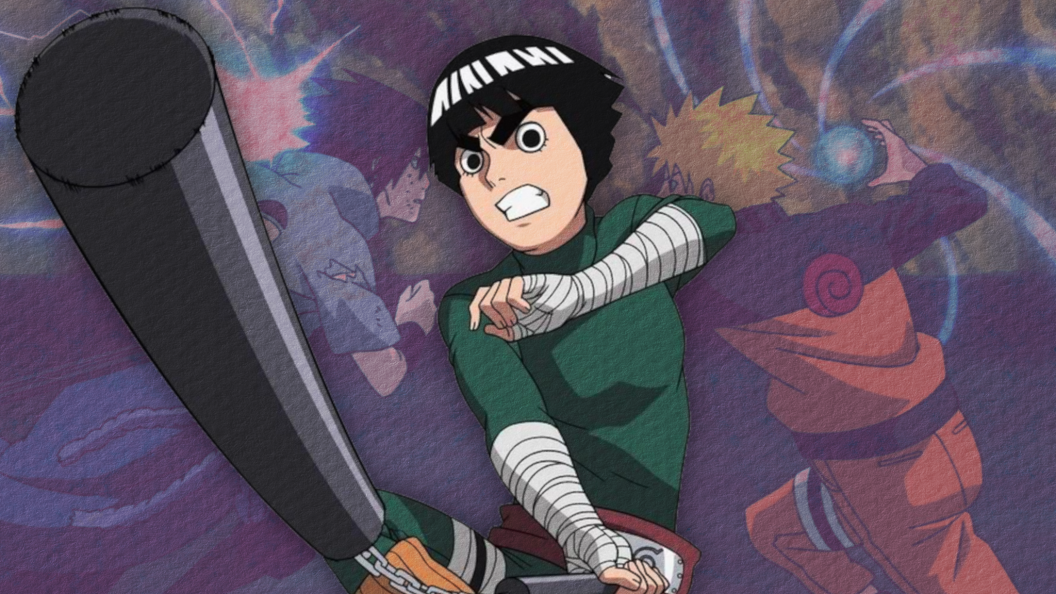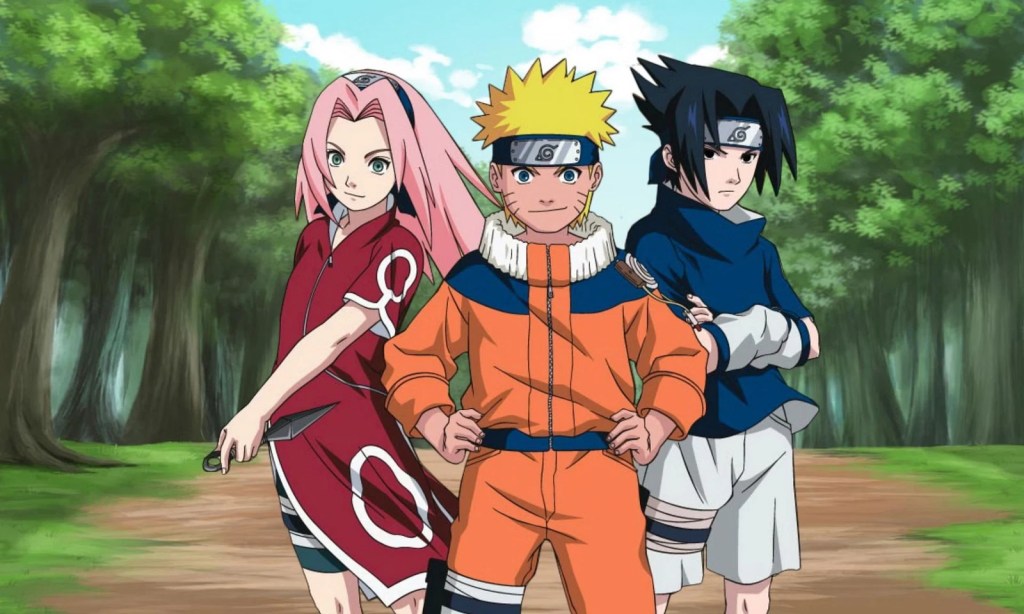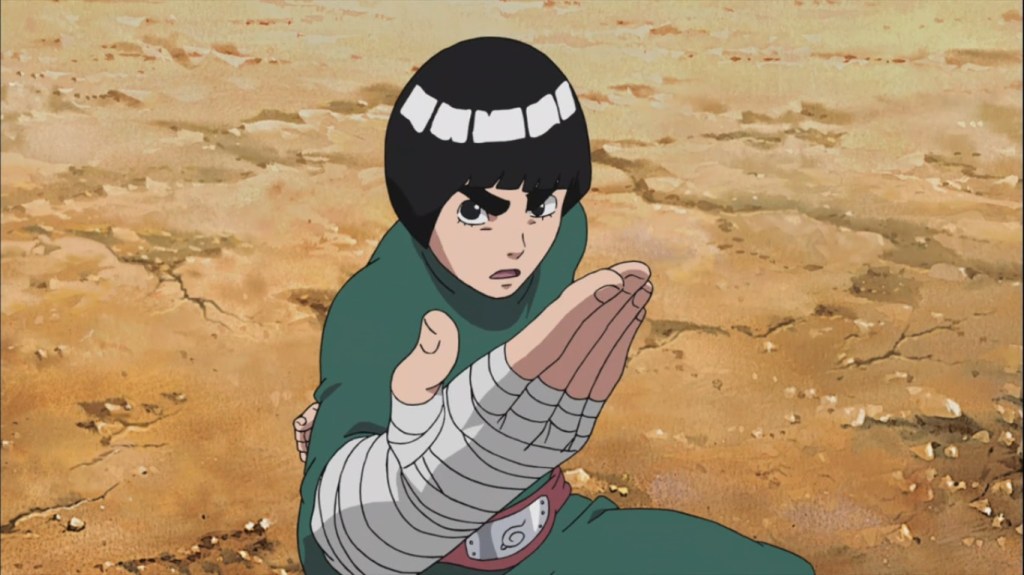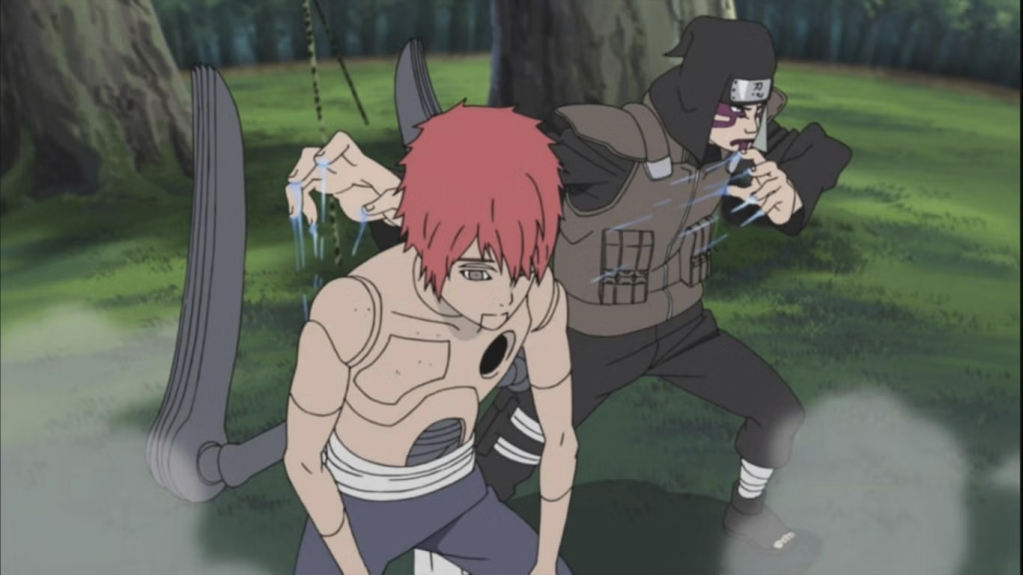
Naruto is the quintessential underdog anime, but I think it’s safe to say there’s only one character who really meets that definition. It’ll come as no surprise that, like so many people, I would award this honor to Rock Lee. The cat’s out of the bag, I guess, but that on its own isn’t a particularly interesting take.
Things get interesting when you start digging a little deeper. When you look at how Naruto actually handles the underdog trope, it exposes a major problem with Naruto‘s writing that it’s worthwhile to spend some time thinking about. Interestingly, by analyzing the way that Naruto uses the underdog trope, some of its biggest themes start to unravel―and not necessarily the themes you would expect.

Naruto Positioned Itself As An Underdog Anime
From the first episodes (or chapters, if you insist), Naruto was already starting to position itself as an underdog anime. It’ll help to get some definitions straight, so when I say “underdog”, I’m specifically meaning a character who comes from (way) behind in order to meet some goal established either by the character (think a scrawny guy who wants to be the top boxer) or the world they inhabit (think a character without magical ability who wants to be king in a magical world).
Early on, Naruto places a massive emphasis on Naruto’s underdog status―as in, the series depends on his desire to become strong enough to become Hokage despite 1) lagging behind his peers and 2) being an orphan and social outcast. The thrust of Naruto’s slow climb to recognition and universal appreciation depends on this premise at first. In the second half of Naruto, it’s less important but still prevalent.
Depending on how loosely you define it, Sasuke and Gaara also play a prominent underdog role. Both mirror Naruto in being orphans, but not necessarily in being outcasts and definitely not in lagging behind their peers. The idea that Naruto was lacking in natural talent was the primary factor differentiating him from the two gifted orphans.

Only Rock Lee Counts As An Underdog, and He’s Forgotten
On the part of natural talent, only Rock Lee mirrors Naruto. A visual connection between the two early in the series is witnessing their dedication to training and improving. However, this is also Naruto’s undoing as an underdog: he definitely works hard, but at a certain point, it’s no longer fair to say he lacks natural talent. His huge chakra pool aside, he picks up new skills extremely quickly. One example can be found in Shippuden, where he reaches a greater mastery of Sage Mode than either Minato or Jiraiya, both of whom had much longer lives to train it.
By comparison, Rock Lee truly only reaches heights capable of, say, beating Gaara or kicking Madara in half through extreme dedication and discipline. Although Rock Lee’s return against Madara is noteworthy, he’s sidelined after his fight with Gaara for a significant majority of the following runtime. That’s not even to mention Rock Lee’s treatment in Boruto.
This is one of Naruto‘s more significant mistakes: if you want to start a series with an emphasis on the underdog mentality, you need to follow through. Naruto and Sasuke’s bloodline buffs would be more forgivable if every character who worked hard didn’t effectively disappear while showing off the neat tricks they can do.
[RELATED: 10 Most Controversial Times Naruto Was Censored]

Villain Underdogs: Naruto‘s Most Perplexing Fixation
Naruto‘s relationship with underdogs is further troubled by Kishimoto’s insistence on giving practically every villain an empathetic, tragic backstory. Don’t get me wrong, it’s a great idea in theory; the problem here lies in the execution. Naruto abounds with what you could call “villain underdogs”: characters that have all the traits of underdogs but never receive recognition as underdogs because they’re positioned as villains or have ultimate goals that differ from the position the story wants to take.
A prime example here could be Sasori. Orphaned during the Sand Village’s war with Konoha, he develops a talent for puppet jutsu alongside the goal of becoming immortal through puppetry. Largely left to develop his talent through his own devices and isolated by social forces, Sasori is as much of an underdog as you could be―but the difference is that his goal isn’t friendly to Naruto‘s primary messages.
For all of Naruto‘s villain underdogs, the major problem is that Naruto wants to empathize with their tragic origins while never actually suggesting that the shinobi order might fundamentally need to change, despite being directly responsible for their isolation and turn toward villainy.
The point is that, just Naruto’s forgetting of Rock Lee points out a problem in the apparent themes of hard work, dedication, and discipline, Naruto‘s decision to only extend highly individual empathy to its villains is a problem. Naruto’s renowned evangelism for the ninja way, loyalty, dedication, and so on start to feel like they undermine another prevalent theme―communication to solve problems itself―by repeatedly failing to pay attention to the circumstances of its villains.
It’s hard to write an underdog story that doesn’t fall flat on its face, and my intention isn’t to just classify Naruto as a failed underdog anime. Naruto Shippuden‘s best episodes, well after the underdog theme falls to the wayside, demonstrate a heart and sincerity that few other anime can really match. However, I won’t lie: it’s fascinating how paying attention to Naruto‘s many “underdogs” can expose some pretty massive oversights.
The post Naruto Only Has One True Underdog (And It’s A Problem) appeared first on ComicBook.com.

